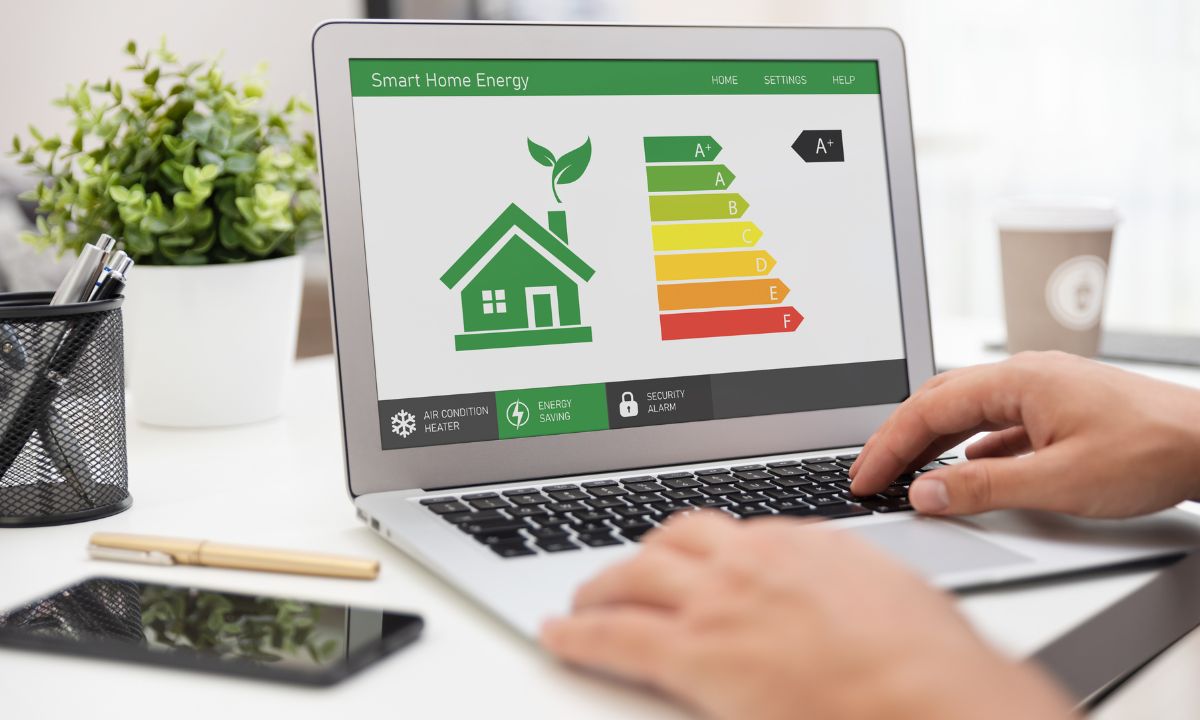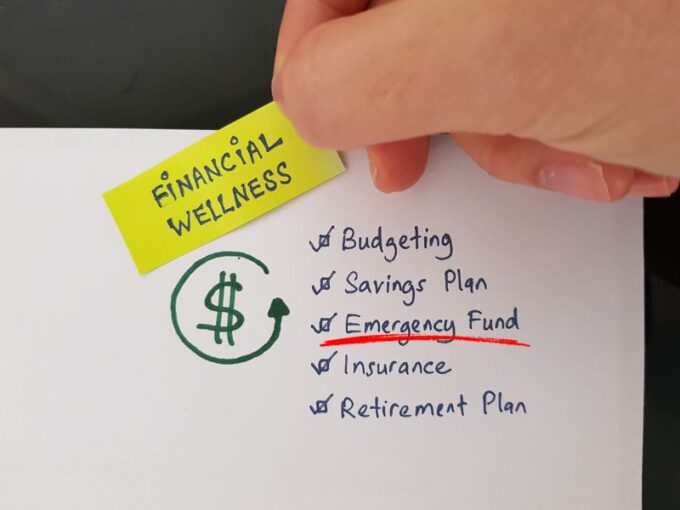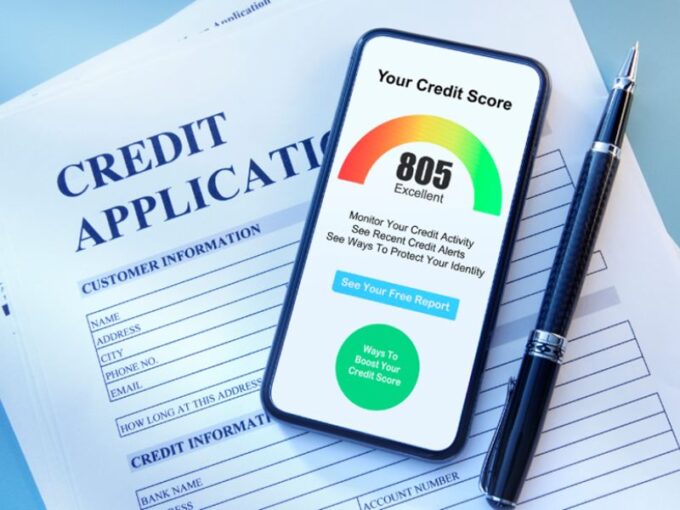Green Mortgages Financing Energy Efficient Homes
 What is a Green Mortgage?
What is a Green Mortgage?
A green mortgage is a type of home loan designed to incentivize energy-efficient building practices. These mortgages are specifically tailored for properties that meet certain environmental standards, encouraging homeowners and buyers to consider energy efficiency as a key factor in their purchasing decisions.
Benefits of Green Mortgages
Lower Energy Bills
One of the most immediate benefits of investing in an energy-efficient home is the reduction in utility costs. Homes that meet green mortgage criteria often feature advanced insulation, high-efficiency HVAC systems, and energy-saving appliances, all of which contribute to significantly lower energy consumption and, consequently, lower energy bills.
Improved Home Value
Homes with green certifications tend to have higher resale values. As awareness of environmental issues grows, more buyers are looking for properties that are not only comfortable but also sustainable. This makes green-certified homes a valuable asset in the real estate market.
Healthier Living Environment
Green homes often use non-toxic materials and provide better air quality, leading to a healthier living environment. Features like improved ventilation systems and moisture control can reduce the presence of allergens and other pollutants, creating a more comfortable and healthy home.
How to Qualify for a Green Mortgage
Energy Assessment
The first step to qualifying for a green mortgage is to have an energy assessment conducted on your home. This assessment will evaluate the property’s energy efficiency and identify areas for improvement. The results will help determine whether your home meets the criteria for a green mortgage.
Meeting Standards
There are several green building standards that homes can meet to qualify for a green mortgage, including LEED (Leadership in Energy and Environmental Design), Energy Star, and the Home Energy Rating System (HERS). These standards cover various aspects of energy efficiency, from insulation and windows to heating and cooling systems.
Financing Options
FHA Energy Efficient Mortgage (EEM)
The Federal Housing Administration (FHA) offers an Energy Efficient Mortgage program that allows borrowers to finance energy-saving improvements as part of their home loan. This program is designed to make it easier for homeowners to afford the upfront costs of energy-efficient upgrades.
Fannie Mae Homestyle Energy Mortgage
Fannie Mae’s Homestyle Energy Mortgage allows homeowners to finance energy-efficient improvements, renewable energy systems, and water efficiency upgrades. This mortgage can be used for new purchases or refinances and provides up to 15% of the property’s as-completed appraised value for these upgrades.
Making the Switch
Transitioning to a green mortgage can seem daunting, but the long-term benefits make it worthwhile. Not only can you enjoy lower energy bills and a healthier living environment, but you’ll also be contributing to a more sustainable future. Whether you’re buying a new home or upgrading your current one, exploring green mortgage options can be a smart financial and environmental decision.
Green mortgages represent a growing trend in the housing market, reflecting the increasing importance of sustainability. By investing in energy-efficient homes, you’re not just saving money; you’re also making a positive impact on the planet. If you’re in the market for a new home or considering refinancing, a green mortgage might be the perfect fit for you.

 Home renovations can be an effective way to protect your home and family from natural hazards. Start by identifying the potential hazards in your area. This can include natural disasters such as earthquakes, hurricanes, floods, wildfires, and tornadoes, as well as man-made hazards such as gas leaks and fires. Once you’ve identified the potential hazards in your area, create a plan for how you will respond to them and prepare your home to take on these natural disasters and keep your home and family safe.
Home renovations can be an effective way to protect your home and family from natural hazards. Start by identifying the potential hazards in your area. This can include natural disasters such as earthquakes, hurricanes, floods, wildfires, and tornadoes, as well as man-made hazards such as gas leaks and fires. Once you’ve identified the potential hazards in your area, create a plan for how you will respond to them and prepare your home to take on these natural disasters and keep your home and family safe. It’s important to be financially prepared for emergencies so that you can handle unexpected expenses or situations without having to worry about your financial stability. Here are some ways to financially prepare for emergencies:
It’s important to be financially prepared for emergencies so that you can handle unexpected expenses or situations without having to worry about your financial stability. Here are some ways to financially prepare for emergencies: Getting a mortgage can potentially help your credit score, as long as you make your payments on time and in full each month. Payment history is one of the most important factors that influence your credit score, so consistently making your mortgage payments on time can have a positive impact on your credit score over time.
Getting a mortgage can potentially help your credit score, as long as you make your payments on time and in full each month. Payment history is one of the most important factors that influence your credit score, so consistently making your mortgage payments on time can have a positive impact on your credit score over time. If you own a home, you must make sure it is properly protected. Hazards can change throughout the year, and one of the biggest threats during the spring is the arrival of frequent thunderstorms. If your home is damaged by a severe storm, it might be covered by your homeowner’s insurance policy. You need to take a closer look at your policy to see if you have the right coverage.
If you own a home, you must make sure it is properly protected. Hazards can change throughout the year, and one of the biggest threats during the spring is the arrival of frequent thunderstorms. If your home is damaged by a severe storm, it might be covered by your homeowner’s insurance policy. You need to take a closer look at your policy to see if you have the right coverage.